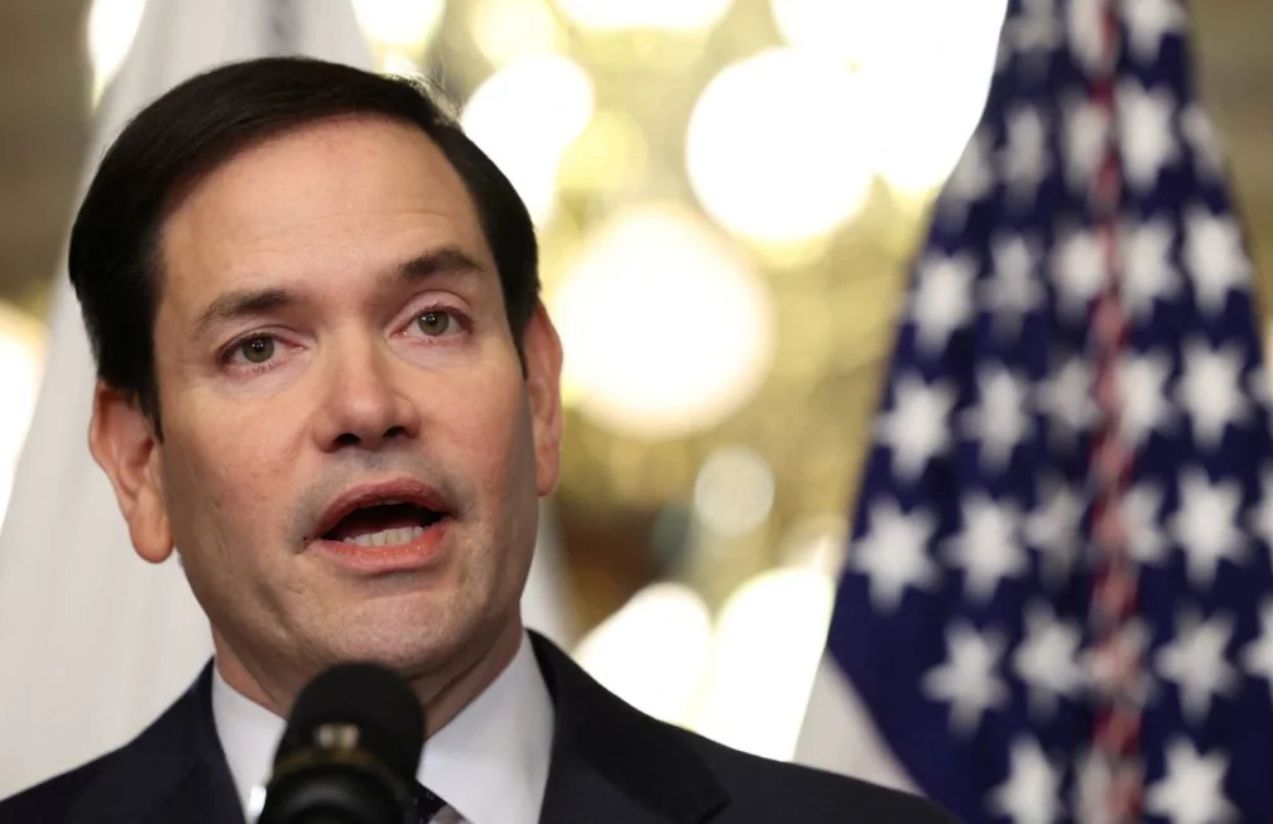Panama has decided not to renew the memorandum of understanding signed with China in 2017 as part of the Belt and Road Initiative, a strategically important plan for Beijing. The decision was announced by the government of José Raúl Mulino after a meeting in Panama City with U.S. Secretary of State Marco Rubio. Washington had expressed concern over China’s influence in the Panama Canal, calling it “unacceptable” and warning that if immediate changes were not made, it would take “necessary measures to protect its rights.”
At a press conference, Mulino assured that there was no real threat from the United States regarding the recovery of the canal or the use of force. However, he avoided directly mentioning Washington’s warning or the decision not to renew the agreement with China. “It was a very calm and respectful meeting,” he stated. This meeting marked the first stop on Rubio’s tour of Central America and the Caribbean. In a conciliatory gesture, Mulino expressed his desire to maintain cooperation with the United States.
Escorted by his security team, Rubio arrived at the Palacio de las Garzas, where he was received by Foreign Minister Javier Martínez-Acha. He held a private meeting with Mulino for over an hour before joining an expanded session with both governments’ teams, which lasted an additional two hours. After the meeting, Mulino declared, “The Canal is not negotiable.” However, discussions did include topics such as migration control in the Darién, cooperation on financial intelligence and organized crime, potential investments, and the management of ports along the canal.
To keep the canal out of the conflict, the Panamanian government invested over two million dollars in Republican lobbyists, aligning its cabinet to prevent an escalation in tensions. Mulino made it clear that his goal was to avoid any confrontation with the United States, preferring to make concessions on other issues rather than risk sovereignty over the passage between the Atlantic and Pacific Oceans.
As part of the commitments made, Panama may allow greater U.S. control over its border with Colombia in the Darién province. There is a possibility of constructing an airstrip to strengthen the deportation policy implemented since July. Mulino also indicated that the expansion of the memorandum of understanding with Washington would be evaluated, which could lead to increased collaboration on financial intelligence.
The Panamanian president also opened the door to reviewing the concession of two ports to a Hong Kong-based company. “At the moment, these concessions are being audited by the Panamanian government, and we will wait for the results before making a decision,” he stated. This suggests a possible renegotiation, as the government acknowledges U.S. pressure on these operations. “They are the ones who push the buttons,” a member of the Panamanian delegation commented in reference to Washington.
After meeting with Mulino, Rubio visited employees at the U.S. Embassy, located in the former canal zone. Later, he toured the AES facilities in Colón province, where 60% of the canal’s energy operations are concentrated. His day concluded with a visit to the Miraflores locks, built by the United States in 1903. Rubio’s diplomatic tour will continue in El Salvador, Costa Rica, Guatemala, and the Dominican Republic.

